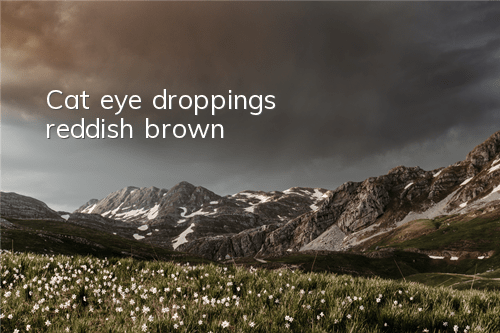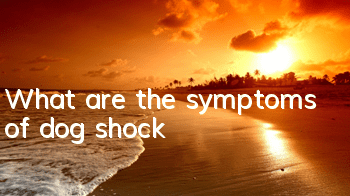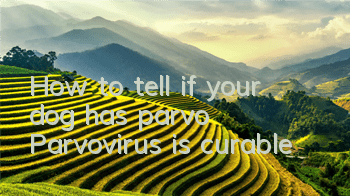What can’t Shetland eat?
1. First of all, milk is absolutely not allowed to be given to Shetland because the composition of milk is completely different from that of dog milk. Dog milk is rich in nutrients, such as high fat, high protein and low lactose. It is just the opposite in milk, so Shetland cannot be drunk. If you drink it, you will easily suffer from gastrointestinal diseases.
2. Raw meat or undercooked meat cannot be fed to Shetland. In movies, heroic hunters cut off the meat of their prey and throw it directly to the dogs, but these legendary stories will not tell you that raw meat contains salmonella and E. coli, which can cause gastrointestinal diseases in Shetlandia.
3. Chocolate must not be given to Shetland because the theobromine component in chocolate can easily reduce blood flow to Shetland’s brain. In severe cases, it can cause heart disease and other fatal diseases.
4. When Shetland eats poison, some people will use salt water to induce vomiting. However, a teaspoon of salt per kilogram ingested by Shetland is fatal. Therefore, if Shetland accidentally eats poison, it should be sent to the hospital as soon as possible. Doctors, don’t just follow small remedies and cause a big disaster.
5. Chicken, duck, fish bones and other small broken bones must not be given to Shetland because these things are too easy to scratch the mouth and digestive organs. Once internal bleeding occurs, Shetland's life is not guaranteed.
6. Food that is not easy to digest must not be given to Shetland, such as crabs, shrimps, squid, octopus, mushrooms, or other foods that are not easy to digest, which are particularly likely to cause diarrhea and vomiting in Shetland. In addition, peanuts and beans cannot be given to it, as they are too difficult to chew and can easily clog Shetland's throat.
7. Onion foods should not be given to Shetlandia because they are rich in disulfide, which is particularly likely to cause oxidation of Shetlandia’s red blood cells. In severe cases, it can cause hemolytic anemia in Shetlandia.








